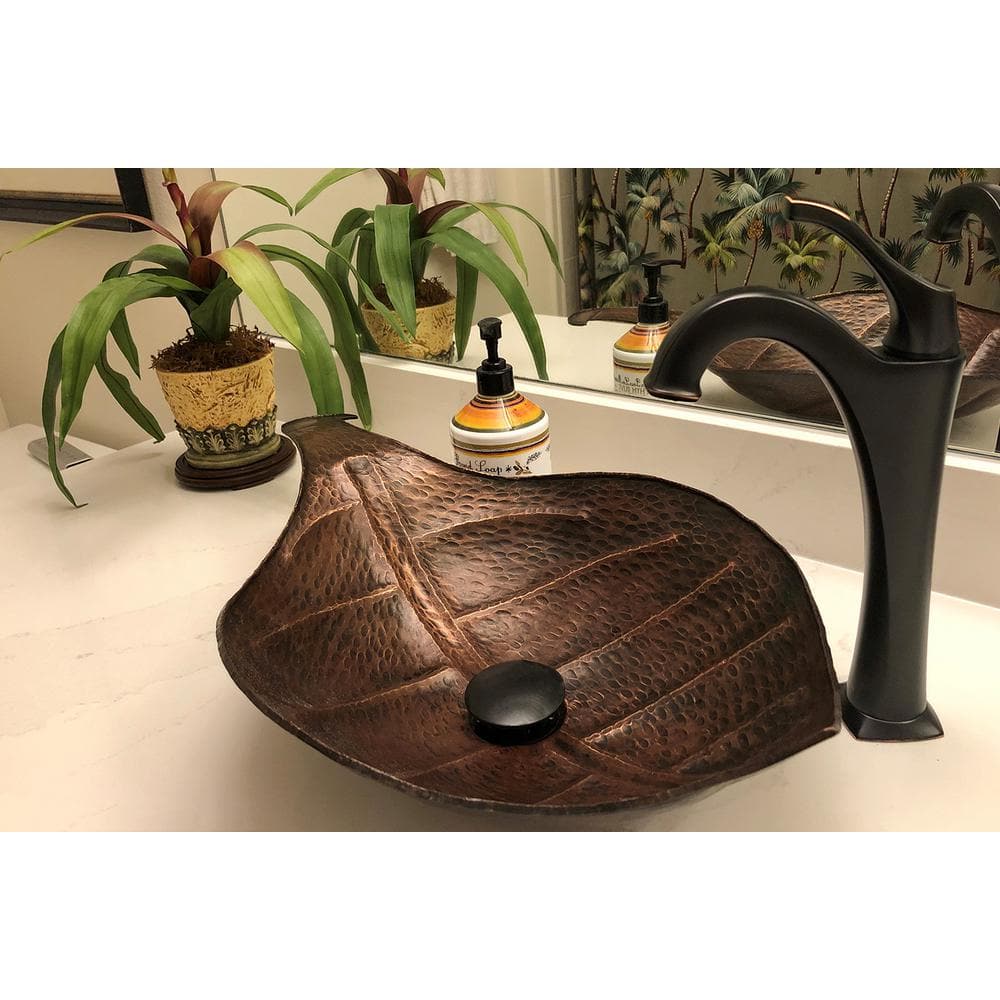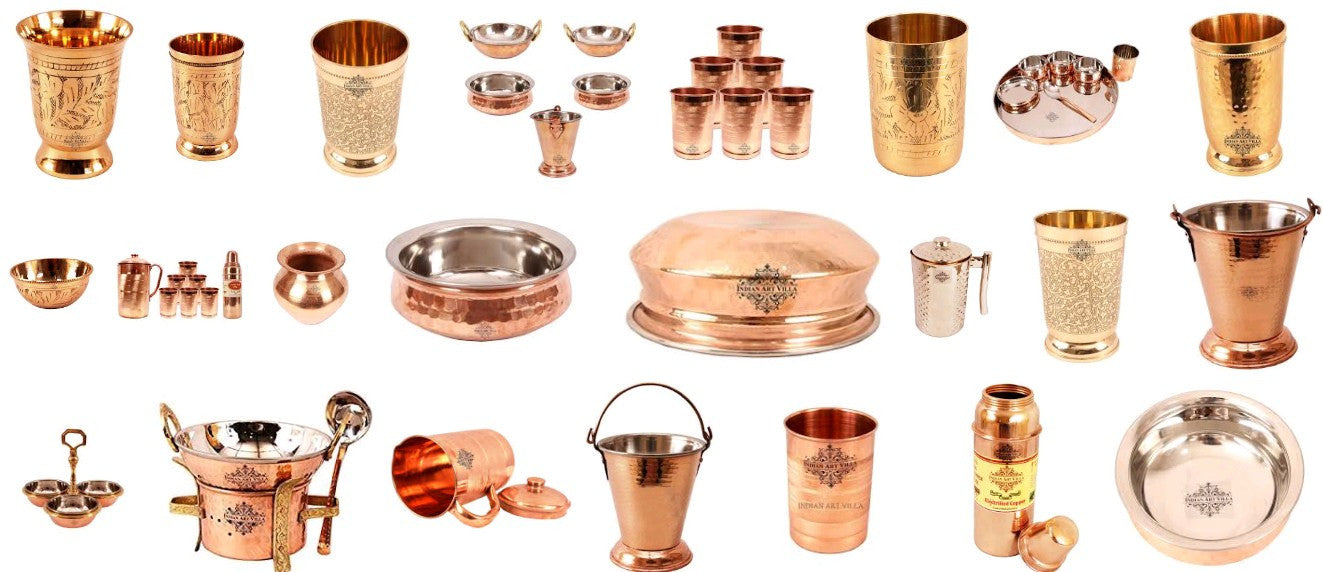Revealing the Wellness Conveniences of Using Copper Products in Everyday Life
Revealing the Wellness Conveniences of Using Copper Products in Everyday Life
Blog Article
Exploring the Diverse Applications of Copper Products in Modern Industries
From boosting the performance of electric systems to playing an important duty in renewable power innovations, the flexibility of copper is noticeable. As industries significantly focus on technology and sustainability, the varied applications of copper warrant a closer assessment, specifically regarding their potential impact on future environmental techniques and technical developments.
Electrical Applications of Copper
Copper is a vital material in the electrical industry, representing around 60% of the complete need for non-ferrous steels around the world - Copper Products. Its superior electrical conductivity, which is almost two times that of aluminum, makes it the favored selection for a variety of electric applications. From electrical wiring systems in household and business buildings to high-voltage power transmission lines, copper ensures efficiency and reliability in electrical energy shipment
In addition to circuitry, copper is integral to the production of electric parts such as electric motors, transformers, and generators. These components take advantage of copper's thermal conductivity and pliability, essential for warmth dissipation and reliable efficiency. Copper's resistance to rust enhances the life-span and longevity of electric systems, making it a cost-efficient option in the lengthy term.
The growth of eco-friendly energy sources, such as solar and wind power, has actually further increased the demand for copper in electric applications. As sectors change towards sustainable power solutions, copper's function comes to be a lot more essential. Overall, the flexibility and performance characteristics of copper strengthen its condition as a keystone material within the electrical market, driving advancement and performance across various applications.
Pipes and Piping Solutions
In modern-day pipes systems, the option of materials substantially impacts both performance and longevity. Copper has actually arised as a favored choice as a result of its distinct buildings, consisting of corrosion resistance and antimicrobial qualities. These attributes guarantee that copper piping stays sturdy and risk-free for delivering drinkable water, a vital factor to consider in property and business applications.
Among the crucial benefits of copper in pipes is its ability to stand up to high temperature levels and pressures, making it appropriate for a selection of applications, from warm water systems to home heating and cooling down networks. Furthermore, copper's flexibility permits simpler setup in complicated piping formats, decreasing the danger of leaks and failures.
One more noteworthy advantage is copper's lengthy life-span, often going beyond half a century with appropriate upkeep. This long life not just lessens replacement costs but likewise contributes to sustainable practices by reducing waste. Copper's recyclability lines up with modern ecological criteria, advertising a circular economic situation within the pipes market.
Copper in Renewable Resource
The convenience of copper extends beyond pipes applications, playing a crucial role in the renewable power market. Its outstanding electrical and thermal conductivity makes it an important material in the manufacturing and distribution of eco-friendly power sources, particularly solar and wind power. In photovoltaic panels, copper is utilized in solar batteries and circuitry, facilitating reliable energy conversion and transmission. Its resistance to deterioration guarantees long-lasting efficiency, which is important for making best use of power output gradually.

Additionally, as the international need for electric lorries (EVs) rises, copper's duty in battery systems and billing framework comes to be also a lot more considerable. The material's capability to conduct electrical power effectively is indispensable to the performance of EV batteries, improving range and billing rate.
Copper's Function in Electronics
Electronic devices making counts greatly on copper's exceptional residential or commercial properties, particularly its high electric conductivity and thermal performance. These features make copper a suitable option for a wide variety of digital components, including connectors, motherboard, and electrical wiring. The metal's capacity to successfully transmit electric signals makes sure minimal see this site power loss, which is vital in high-performance electronic devices.
Furthermore, copper's thermal conductivity plays a significant duty in heat dissipation, shielding delicate elements from overheating. This is particularly important in modern-day electronics, where portable styles bring about enhanced warm generation. Copper is additionally favored for its pliability and ductility, enabling it to be conveniently shaped into elaborate layouts that meet the needs of advanced digital applications.
With the increase of consumer electronic devices, telecommunications, and electrical vehicles, the demand for copper in the electronic devices market remains to grow. As technologies in technology progress, copper remains important to accomplishing higher efficiency and reliability in electronic items. Its recyclability further enhances its appeal, as suppliers seek sustainable options without compromising quality. Hence, copper continues to be a cornerstone material in the ever-expanding area of electronic devices.
Cutting-edge Makes Use Of in Manufacturing

One remarkable application remains in additive manufacturing, where copper-based materials are employed in 3D printing procedures. This enables for the creation of intricate geometries and lightweight parts, particularly in the aerospace and auto industries. Additionally, copper's thermal conductivity makes it an excellent option for heat exchangers, improving effectiveness in industrial cooling systems.
In addition, the increase of clever production has actually seen the incorporation of copper in IoT tools, where its conductive capabilities sustain innovative noticing innovations. In the realm of eco-friendly energy, copper is essential in the manufacturing of solar panels and wind generators, promoting more reliable energy conversion and circulation.
As sectors strive for sustainability and advancement, copper's versatility and performance remain to place it as a vital product, driving advancements in manufacturing and adding to the growth of smarter, a lot more efficient items.
Verdict
In recap, copper products demonstrate exceptional convenience across numerous modern industries. Copper Products. Their remarkable conductivity boosts electric applications, while deterioration resistance ensures integrity in plumbing. The essential function of copper in sustainable power and its necessary feature in electronics emphasize its importance beforehand sustainable practices. Furthermore, ingenious uses in making highlight copper's adaptability and enduring importance. Collectively, these applications illustrate browse around here copper's crucial contribution to technological progression and commercial effectiveness in contemporary society.
From improving the effectiveness of electrical systems to playing an essential role in eco-friendly power technologies, the adaptability of copper is noticeable. As markets progressively prioritize technology and sustainability, the diverse applications of copper warrant a closer evaluation, especially regarding their possible effect on future ecological practices and technological innovations.
The growth of renewable power sources, such as solar and wind power, has actually additionally boosted the demand for copper in electric applications. In general, the convenience and performance features of copper solidify its standing as a keystone product within the electrical market, driving innovation and effectiveness throughout Click Here different applications.
The convenience of copper prolongs beyond pipes applications, playing an important function in the renewable energy field.
Report this page